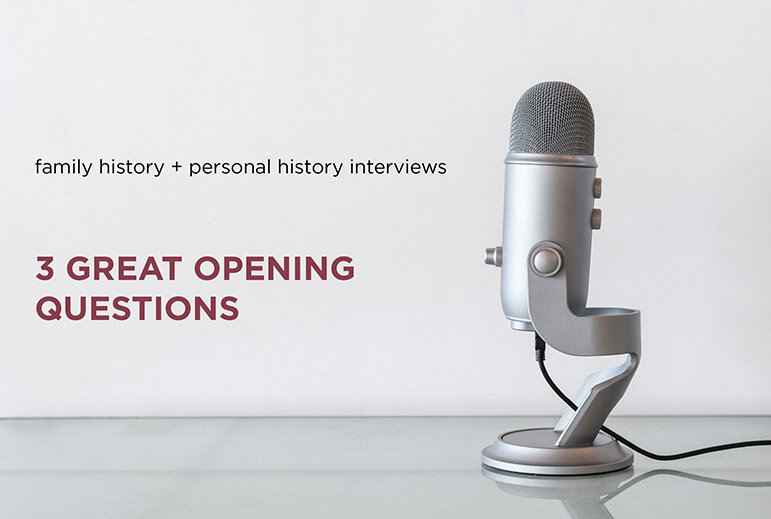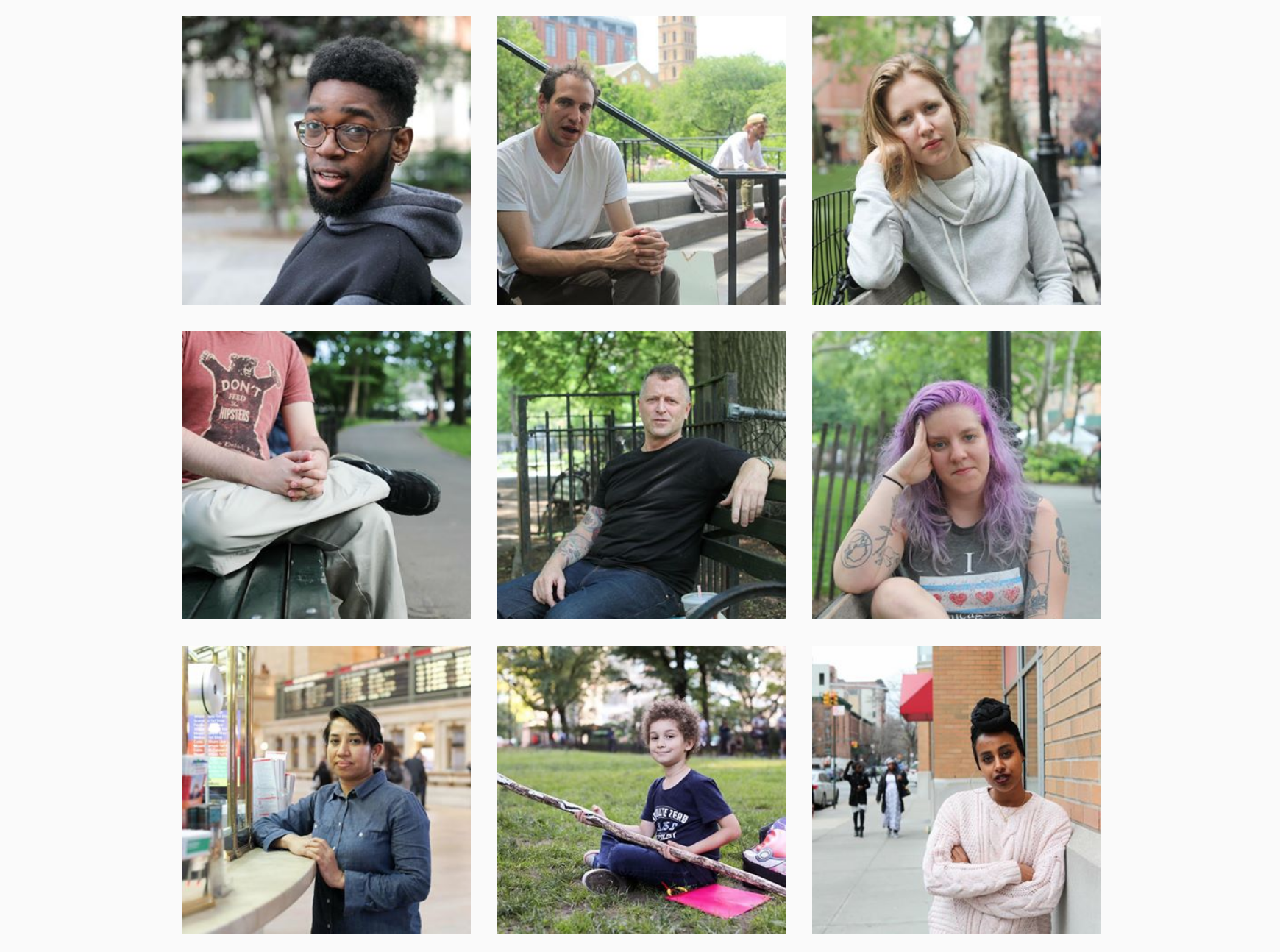“Who listens to you?”
“When I interview people—whether it’s a person on the street, CEO, or celebrity—I often get the sense that they are unaccustomed to having someone listen to them. When I respond with genuine interest to what they are saying and encourage them to tell me more, they seem surprised; as if it’s a novel experience. They noticeably relax and become more thoughtful and thorough in their responses, assured I’m not going to rush them, interrupt, or glance at my phone. I suspect that is why so many end up sharing such tender things—unsolicited by me and wholly unrelated to the story I am writing. They find in me someone who will finally, at last, listen to them.”
This paragraph is from the introduction to You’re Not Listening: What You’re Missing and Why It Matters by Kate Murphy—I had jotted it down as a reminder to write about this phenomenon someday. The notation about the author and the book title was on the reverse side of the piece of paper I wrote the quote on. So when I unearthed the scrap among my things recently, I thought for a moment I had written these words; the sentiment and the experiences reflected within are as if my own (though, admittedly, it’s been a while since I interviewed a celebrity!).
It’s common—too common, really—for people to feel almost shocked when I maintain eye contact and do not interrupt their story sharing. More than one interview subject has teared up and needed to pause once they get going during our interview sessions—once it dawns on them that I am not going to interrupt them, and that I am listening intently.
Kate Murphy interviewed many people for her book, and among the questions she asked them, she writes, was, “Who listens to you?” The answers, as you can imagine, were not overwhelmingly positive: Many, many of us feel like we are not being listened to, and even, says Murphy, that we are not good listeners ourselves.
If you’re interested in exploring this—how we got here, how we can change course—I recommend picking up a copy of You’re Not Listening.
For a sampling of the author’s thinking and her voice, I recommend listening in to this Fully Booked podcast interview with Kate Murphy:
And for a few of my (very quick!) thoughts on the topic, read on.
Listening is an active endeavor.
Listening is not the same as hearing. Listening is a conscious act—being open to receiving the words and messages of another. “Listening is an act of community,” author Ursula K. LeGuin wrote. So next time you ask someone a question, pay attention to their answer; when it seems like they are done speaking, take a beat—awaiting more from them, perhaps, and listening to your shared silence. There is much there to hear.
Listening makes you a more empathetic person.
Empathy is the ability to understand and share the feelings of others. It can be developed through practice, and it's not a fixed trait. “When you talk, you are only repeating what you already know. But if you listen, you may learn something new.” This is an oft-quoted sentiment from the 14th Dalai Lama, and it resonates for a reason. By listening to (or reading) another’s stories, we are given the opportunity to see ourselves in their experiences—and in so doing, help us understand their perspective.
Everyone is interesting if you listen to them.
It’s partly a matter of asking the right questions, partly of giving someone space to share, but it’s mostly a matter, in my opinion, of listening—if you listen with an open heart and an abundance of curiosity, every person will show themselves to be interesting.
I hope you have someone in your life who listens to you—really listens to you. “Love is listening,” artist Titus Kaphar has said (and, oh, how I agree!)…and we are all worthy of love.
I leave you with this quote, written in my commonplace book years ago, from one of my most beloved writers:



















We are a world of talkers, but what we need is to listen, and to be listened to. Find inspiration from author Kate Murphy and personal historian Dawn Roode.